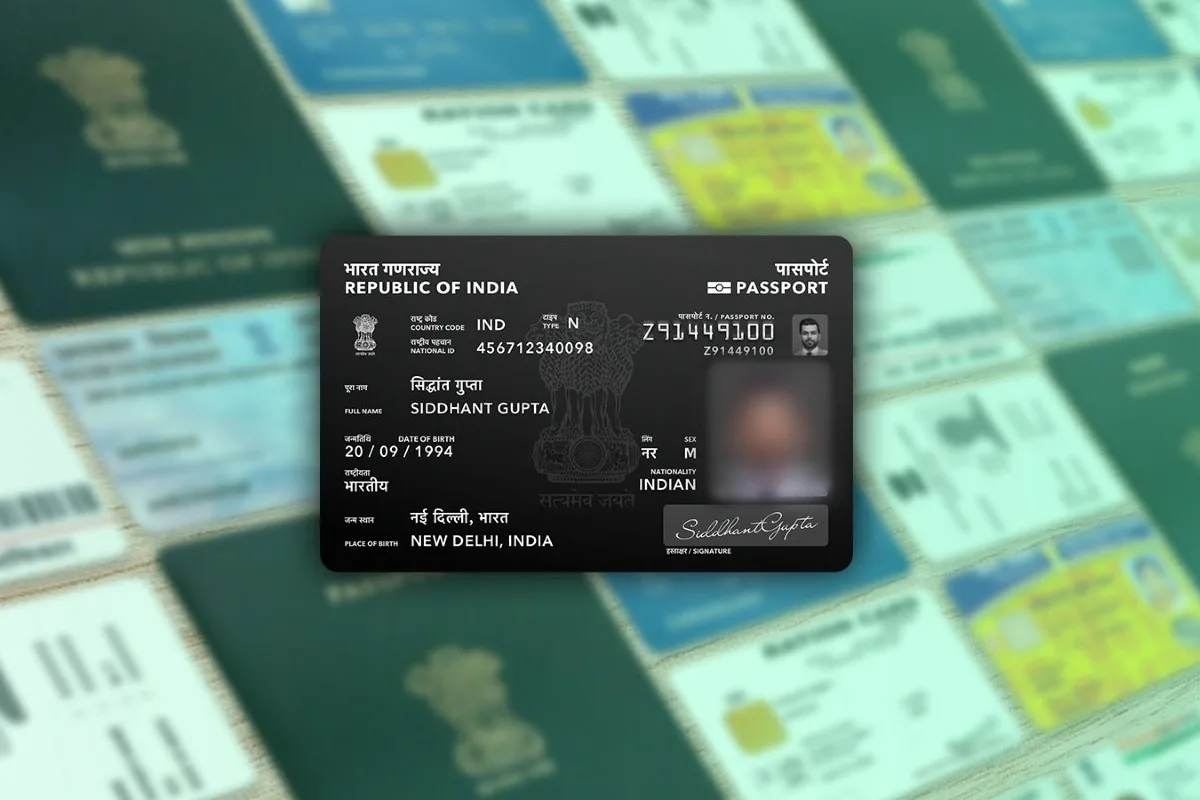In India, people have learned to invest in claiming the tax benefits under various tax savings schemes. Due to this, a number of insurance companies have started mushrooming in the country. As per the income tax regulations, presently each individual has the limit of 1.5 lakh towards the tax benefits. But do you know, now you can also claim the tax benefits on the tuition fees, especially if you are sending your children to some high standard schools that charge you very high tuition fees? According to the sources, Sending kids to school has an inbuilt tax advantage for the parents as the tuition fee qualifies for tax benefit under Section 80C of the Income Tax Act, 1961.
This article is written by the Economic times business reporter Sunil Dhawan and according to him, For tax purposes, the fee (amount) reduces the total gross income, and thereby the tax liability. Say, you fall in the highest income slab and pay not only a 30.9 percent tax rate but also Rs 80,000 a year as schools fees, the tax saved would amount to Rs 24,720 in that year

Mr. Sunil Chavan has provided the way to maximize your tax benefits with the help of tuition fees. Please take a look the following points very carefully and find out which is most relevant to you.
Are all institutions eligible?
Tuition fees paid at the time of admission or anytime during the financial year to any registered university, college, school or educational institution based in India qualifies for tax benefit.
What kind of education?
It has to be a full-time education, including any play-school activities, pre-nursery, and nursery classes. The institution can be either private or a government sponsored one.
What is not covered?
At times, parents have to make payments, other than tuition fees, to the educational institutions. Payments like development fees or donation or capitation fees, etc., are not covered and do not qualify for tax benefit. Also, if you haven’t paid the fees on time, the applicable late fee paid will not be eligible.
The tax benefit for how many children?
The benefit applies to the fees paid for up to two children. So if a couple has four children, both can claim tax benefit as both have a separate limit of two children each.
Which parent gets the tax benefit?
The parent who makes the payment gets the tax advantage. If both parents are working and pay taxes, both can claim individually up to a number of fees paid.
In case if both are working and want to take the benefit under Section 80C for the amount paid by them respectively, they can do so. So if the fee paid is Rs 2 lakh, of which the father has paid Rs 50,000, while the mother has paid Rs 1.5 lakh, both can claim the amount individually as per the payment made by them.

Conclusion
As the upper limit for Section 80C tax benefit is Rs 1.5 lakh a year, see how much of that gets exhausted through tuition fees and then decide on further tax savers. While the tax benefit on tuition fees is incidental and helps you to save tax during the early days of your child’s education, do not forget to create a long-term investment plan for his higher education. Estimate the amount needed for higher studies and create a savings plan towards that goal, preferably through SIPs in 3-5 equity diversified mutual funds scheme. To ensure that the goal is met, do buy adequate life cover, preferably through a pure term insurance plan.
Note: The article was originally written for the Economic Times by Sunil Dhavan.














